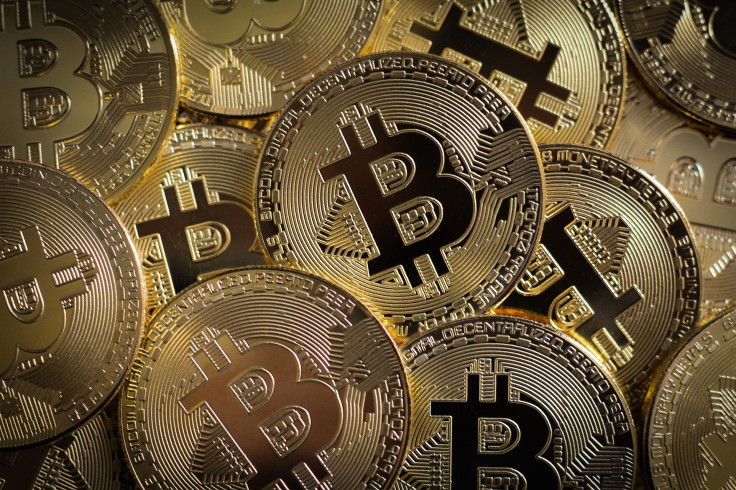Fed Hikes Reveal Bitcoin's Real Identity
Fed hikes are beginning to reveal what Bitcoin is — a highly speculative vehicle for the get-rich quickly crowd at the whim of central banks' liquidity policies.
Over its short history on Wall Street's radar, Bitcoin's bulls have come up with several narratives to explain what Bitcoin is and justify its appeal as an investment vehicle. But they have all been short-lived, defied by crude reality.
In the beginning, there was the narrative of "people's currency," a decentralized medium of exchange freed from the control and manipulation of central governments. Bitcoin bulls saw Bitcoin as destined to replace national currencies one day. But it didn't happen. Thus far, Bitcoin has gained limited appeal as a medium of exchange, mostly among tech enthusiasts and shrewd marketers.
Then came the narrative of Bitcoin as a hedge against global uncertainty, next to gold. But reality defied this narrative, too, as the digital currency's price has shown little correlation with geopolitical events. For instance, the Bitcoin price has dropped precipitously during the Russian-Ukraine war and the rising tensions between the U.S. and China.
Still, there's inflation. It is supposed to be a good thing for Bitcoin. The digital currency's bulls promoted it as an alternative to national currencies, which lose their real value as prices of goods and services spike. But apparently, inflation wasn't a good thing for Bitcoin either. Its price headed south as inflation headed north.
What's Bitcoin, then? A highly speculative investment vehicle at the mercy of central bank policies determining liquidity, money available to buy goods and services, and investment products. Bitcoin's value, together with the value of other cryptocurrencies and other speculative assets (e.g., meme stocks), rises and falls with liquidity. For instance, Bitcoin's best days were the aftermath of the pandemic recession when central banks around the world injected more liquidity into their economies to fight it. The digital currency's rally coincided with a rally in other high-risk assets like small tech stocks, trading in NASDAQ and meme stocks.
But as the pandemic recession was over and central banks began talking about taking liquidity out of the system, Bitcoin started to trade sideways and eventually crashed once these policies went into effect last spring. For instance, Bitcoin took a big hit last Friday, falling 4.1% — much more than any other speculative asset — following the Fed chair's speech at the Jackson Hole symposium calling for further rate hikes.
Bitcoin's precipitous decline may have come as a surprise to true believers who deny reality. "Bitcoiners who were celebrating November last year are struggling this year amid a presumably 'warm crypto winter," Kunal Sawhney, founder & CEO at Kalkine Group, told International Business Times in an email. "The prolonged crypto winter situation marred by global events and the Terra Luna crash has resulted in the leading token losing 68% of its value from its all-time high peak."

© Copyright IBTimes 2025. All rights reserved.





















